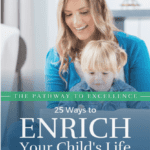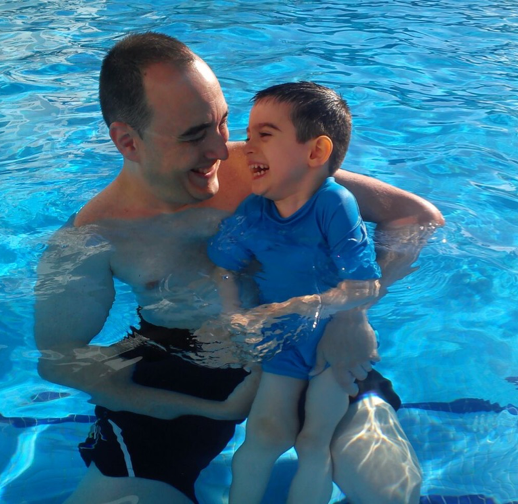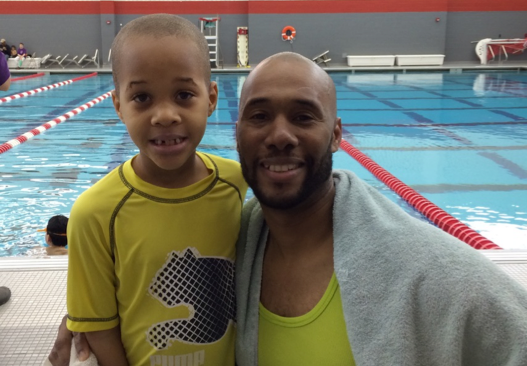What Mothers Know
What Mothers Know – First Six Months Are Critical To Development
From the moment a baby is born, a struggle begins. Mother does her best to keep her baby close to her, and the world does its best to separate mother from baby.
This is a mistake because mothers are the best teachers in the world for their babies.
It starts with the well-meaning hospital staff who often whisk the baby away to a nursery far from mother. Later, there are the professionals who are certain that a two-year-old is better off in a day care center than home with mother. On their heels comes the school system where the child will spend the better part of his life to age 18. Educators now say they want the child at the age of five, four, or even three. What mothers know is that they should be with their children as long as possible before they go to school.
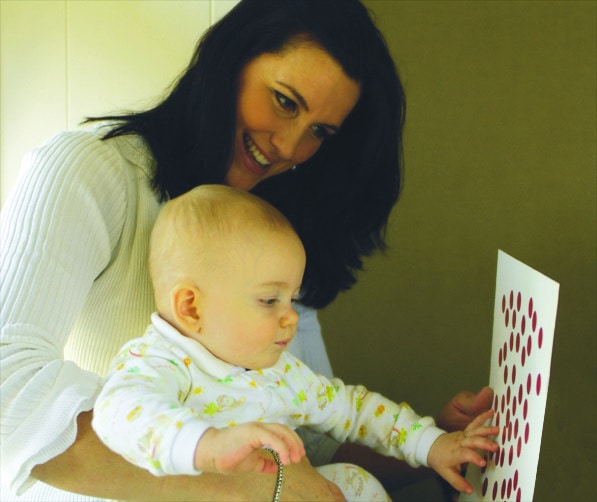
There are strong forces at work to separate mother from child, and most people have come to regard each of these encroachments on mother’s domain as normal. It is as if that is the way it has always been.
But hospital nurseries, day care centers, and even compulsory education are not the way it has always been for mothers and babies. They are newfangled notions, and a radical departure from the age-old human tradition of children being with their mothers until they are ready, willing, and able to handle life on their own.
In contrast to these patterns of modern society, what mothers know intuitively is that the first six years of a child’s life are the most important.
In this they are absolutely correct.
What mothers know is that the first few months of life are vital to the life-long well being of their children.
Again they are correct in this belief.
Unfortunately the vast majority of mothers are not equipped with the information they need to use these first few months to their child’s best advantage, and to make the first six years of life as stimulating and rewarding as they could be—and should be.
New cars come with owner’s manuals—new babies do not—and yet we all know that babies are a great deal more important than cars. To be sure, there are manuals for the feeding and changing of babies. There are books about the general stages of development that can be observed in average, healthy children. What mothers know is there is no one who knows better than them what is best for their child.
But these aids are based on two main underlying assumptions. The first is that baby’s needs are primarily physiological and emotional. The second is that baby’s development is triggered by the ringing of a series of genetically preset alarm clocks that go off on schedule regardless of what does or does not happen to him.
These assumptions are false.
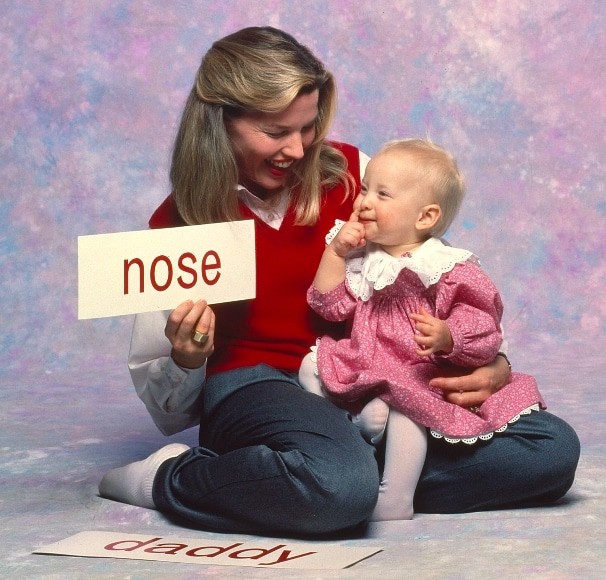
Mothers Are Their Children’s Best Teachers
It is perhaps because of these false assumptions that modern babies are being raised by accident instead of on purpose. That is a great shame because the growth and development of the human child is much too important to be left to chance.
It is also because of these false assumptions that mothers have increasingly been persuaded, against their better judgment, to let their babies be cared for by others.
A baby’s natural, inborn human potential is enormous.
If it were true that babies simply need to be fed and changed and cuddled a bit, and nothing more, then society could safely put babies together like so many little sheep with one caretaker for many babies. This model was in fact established and used by the Soviets.
But babies are not little sheep. It is true that they have physiological and emotional needs, but beyond these they have enormous neurological needs as well. This neurological need is the need of the brain for stimulation and opportunity.
When these neurological needs are fully met, the child’s physical and intellectual abilities are enhanced.
If, on the other hand, the baby’s neurological needs are not met, and if barriers that may stop or slow brain growth and development are not noticed and eliminated, the child will not achieve that enormous natural human potential.
Every baby arrives equipped with a mother—there is good reason for that. Every mother, whether she is new to the job or highly experienced, has a marvelous ability and opportunity to observe her baby, and then to act intuitively based on her observations.
On her worst day she will do this better with her own baby than most others would do on their best days.
This helps to explain why mothers have always been suspicious of the preset alarm clock theory of development. They have seen their babies defy its supposedly unalterable schedule.
Mothers have been equally skeptical of the notion that human ability is predetermined by one’s genetic make-up. From time immemorial, mothers and fathers have helped their children develop abilities that neither father nor mother nor grandparents ever had.
Mothers have known more about babies than anyone else since the world began.
It is mothers who have successfully brought us from prehistoric caves to the present.
However, the modern mother faces a very large problem: her own possible extinction.
She has the same powers of observation, the same intuition, the same instincts, and the same love for her baby that mothers have had throughout human history. But she is threatened by a world in which it is no longer safe to be a mother. In this world she must battle to keep her baby by her side from the instant he is born. In this world she is often told that her baby is better off in a nursery than in her arms.
It is a world in which it is no longer considered fashionable or useful to be a mother. What mothers know is that they’re are the best teacher for their child – heads and shoulders above anyone else.
Mothers know that there is something very wrong with a society that no longer respects mothers and has little time or interest in the development of its youngest and most vulnerable members.
When a new mother does win that first battle, and finally gets her hands on her own newborn baby with everyone else out of the room, she does what all mothers have always done. She starts counting: ten fingers, ten toes, two ears, one mouth.
She begins an inventory to evaluate her own baby. She makes certain that he has arrived with everything he should have and that he is functioning as he should function.
Since she knows how to count she does not need any help with her first inventory. But once that is completed, she is on her own. She looks into the eyes of her baby and to her utter astonishment and amazement she sees an intelligence for which no one has prepared her.
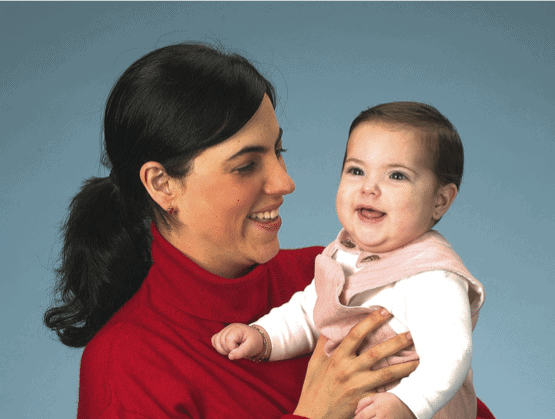
Father sees it too. For a moment they are stunned. They are overwhelmed by the potential they sense in the baby, and by the responsibility they have undertaken. They make a thousand unspoken promises to their new baby.
They will more than likely keep the majority of those promises. Sadly, the most important promise, the one about helping the baby to become the best he can be, may elude them, simply because mother and father do not know how to help bring this about.
They have been told about how to provide for the physical growth and health of the baby, and something about his emotional needs, but the world has little awareness and hardly any respect for the real potential of the baby.
“Feed ’em and love ’em,” a better-than-average doctor may have told them, but probably no one told them about helping the baby learn. They have been told that there is plenty of time to think about that when the child goes to school. Some have even told them they are damaging the baby if they help him to learn too soon, before the baby is “ready”.
The truth is that such delay wastes his six most important years. Sadly, many mothers and fathers have been intimidated by the world around them. Our goal is to help parents provide for the growth and development of their babies in the fullest sense. Parents need to know what is important and what is not important.
Armed with this knowledge, mother and father can combine it with their unique knowledge of their baby to create an environment that addresses both the baby’s basic survival needs and the needs of his developing brain.
Parents need to know how to give the baby a running start at achieving his full potential. When parents understand the process of brain growth and development in the newborn baby, they are able to create an environment that enhances and enriches that growth and development.
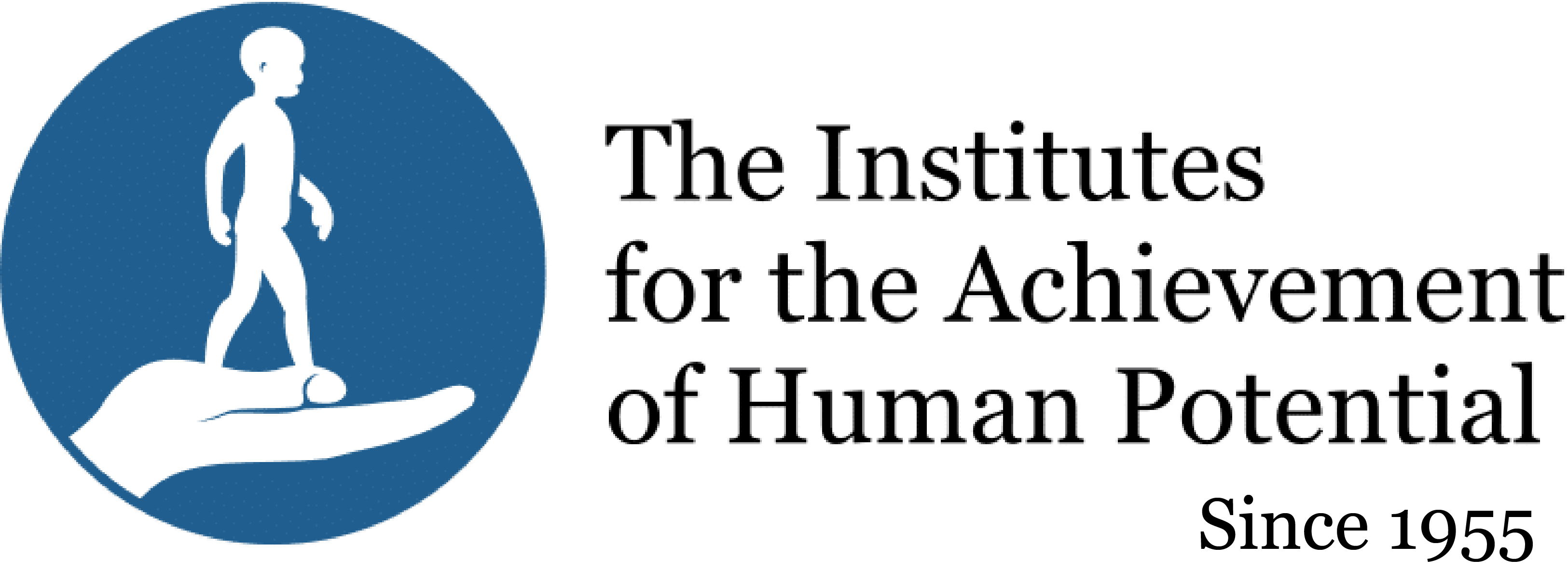
 Donate
Donate


